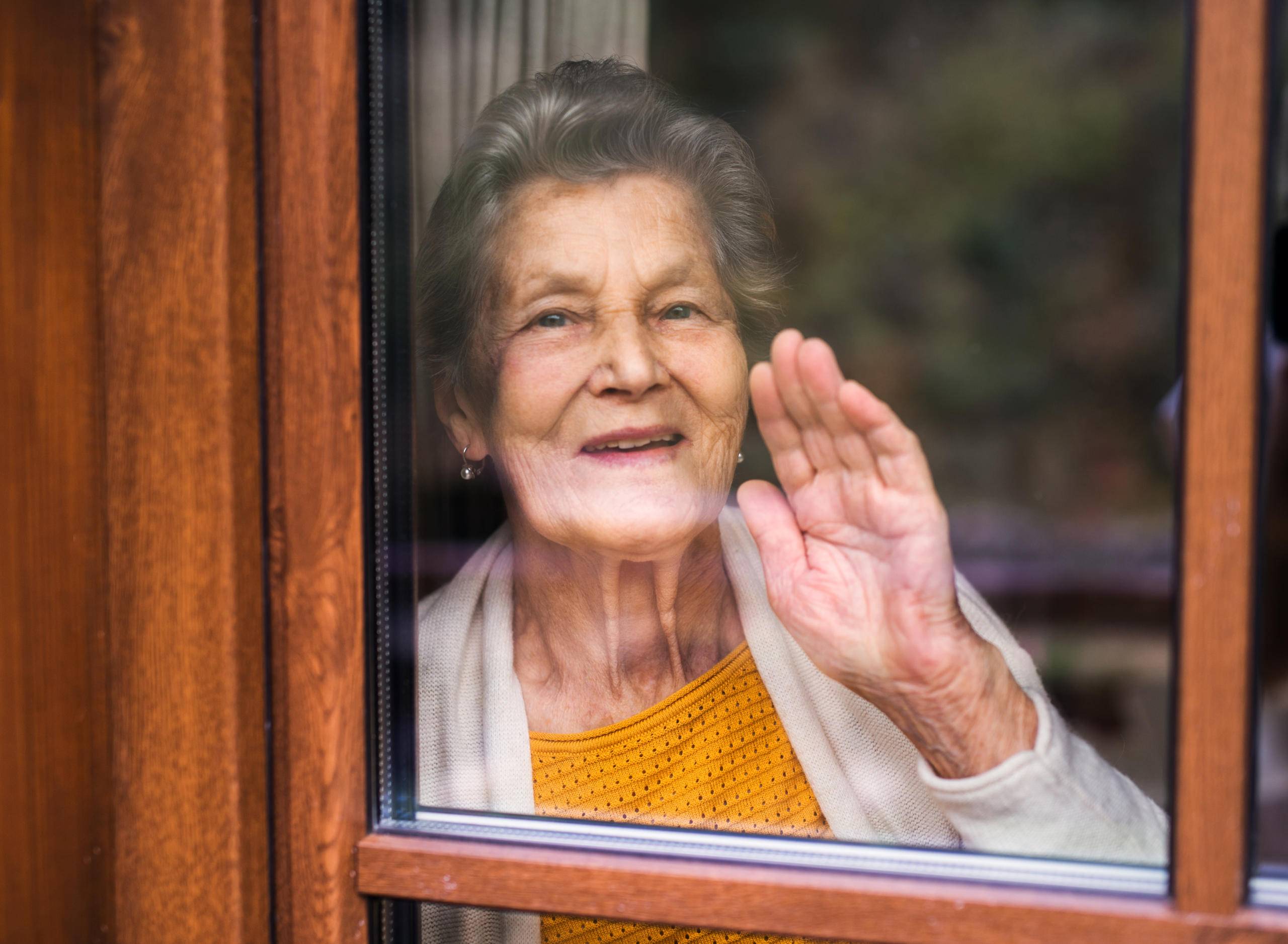
How to Know When It’s Time for Memory Care
If you have a loved one with Alzheimer’s disease or dementia, you know that their symptoms progress over a long time, making it hard to know what kind of care they need. At some point, you may find yourself considering memory care for your senior. You may be thinking, “I should be able to handle this.” It is common for family members to experience guilt and grief when they realize they can’t manage the increasing care needs of loved ones with dementia. As much as it hurts to consider moving a loved one from the surroundings they know, handling things yourself isn’t easy, nor is it always the best choice for your loved one.
Typically, memory care is an option for people suffering from mid to late-stage Alzheimer’s disease or dementia when the condition creates more significant changes and challenges in a person’s life. The disease will eventually progress, and at some point, your loved one will need 24-hour supervision.
If your senior lives alone, it can be harder to see the changes. You may visit and discover that their appearance and environment have changed dramatically, or your loved one may have a medical emergency or a fall. You might worry about your senior’s safety or the safety of others. Many seniors express a desire to live at home for as long as possible, but it’s wise to have a plan in place before a move is necessary. Discussing possible changes before the more significant challenges occur allows your senior to participate in the decision and feel better about the future.
If your loved one lives in a retirement community, professionals who see them frequently can make a note of changes and let you know about signs that your loved one’s memory loss is progressing.
More signs that it’s time to consider memory care include:
- Trouble managing medications
- Behavioral changes like aggression, agitation, and high anxiety
- Wandering or becoming lost while navigating a familiar area
- A living environment that’s increasingly unhealthy: hoarding items, trash piling up, unpaid bills
- Consistently forgetting appointments and activities
- A decline in health or an increase in falls
- Mobility problems, vision problems, unhealthy weight loss
- Hallucinations, increasingly bad sleep problems
- Incontinence
- A decline in the health and abilities of the caregiver
Living at home is the goal for many people with dementia, but it may not be the healthiest or safest environment. There are advantages to living in a memory care community designed to keep residents healthy and engaged. Regular meals, customized care plans, activities, and a calming environment can help slow the progression of the disease. Residents have more freedom to explore indoor and outdoor spaces safely and securely. If your family can’t provide these things at home, a memory care community may be the answer.
If you’re wondering if memory care is the right option for your senior, here are some questions that can guide decision making:
- Can I provide supervision for my loved one now and in the future, knowing that they will eventually need round-the-clock care?
- Is my senior safe at home? Do I worry about them constantly?
- Is my senior’s health at risk? As a caregiver, is my health at risk?
- Could my senior’s behavior harm anyone else?
- What do other family members suggest? What do medical professionals suggest?
- How would my senior feel about a move?
- Am I balancing my other responsibilities (work, family, myself) with my role as a caregiver?
- Is my senior too isolated? Would the interaction and activities at a memory care center benefit them?
- Do I have the emotional resources to care for them as their needs increase?
- Do I have additional outside support as well?
If memory care is an option for your loved one, professionals advise having these conversations before the more dangerous symptoms of Alzheimer’s disease or dementia begin. Moving before the later stages of the condition allows your senior to enjoy the enriching activities and outings that a memory care community offers.
Taking good care of a loved one sometimes means putting their care in the hands of trained specialists like those at Avalon. A daily routine, structure, and stimulation from other residents and staff will only help them, which may help you. A good memory care community will enable you to be part of your loved one’s daily life and participate in their care as needed. And you’ll have a calmer, more enjoyable relationship with your senior and return to enjoying each other’s company.
https://www.alz.org/help-support/caregiving/care-options/long-term-care
https://health.usnews.com/wellness/articles/signs-its-time-for-memory-care
https://www.caregiver.org/resource/home-away-home-relocating-your-parents/?via=caregiver-resources,caring-for-another,out-of-home-care
See More Articles
-
Visiting Your Aging Parent With Memory Loss at Avalon Memory Care
As a loving son or daughter, you naturally want the best of care for your senior parent. The compassionate assisted living caregivers at Avalon Memory Care want you to know that while your parent is living with us, he or she will receive nothing less than respectful, loving care within our comfortable, safe, and fully-staffed
-
Celebrating New Year’s Day in Memory Care
Families often find that celebrations with their loved ones in memory care are easier when they embrace new traditions. For instance, it may not be practical to expect your loved one to stay up until midnight on New Year’s Eve. Instead, consider throwing a New Year’s Day celebration, complete with a countdown to the first
-
Understanding Parkinson’s Disease and Dementia
Parkinson’s disease is an incurable neurological disorder, with progressively worsening complications. Perhaps the most well-known symptom of Parkinson’s is a hand tremor, but it can also cause speech changes, muscle rigidity, and impaired posture. Eventually, as the disease progresses, more than half of all individuals with Parkinson’s will require dementia care. This particular type of
Testimonials
Downloadable Resources
We Are Avalon
Discover the heart of our community; download ‘We Are Avalon’ to get to know our dedicated team and our commitment to providing a warm, family-like environment.
Transitional Care Guide
If you’re considering a transition, we’re here to help; download our Transitional Care Guide for compassionate guidance through each step of the process.
Schedule a Tour
Visit one of our 30+ campuses and experience our unique approach to memory care.












